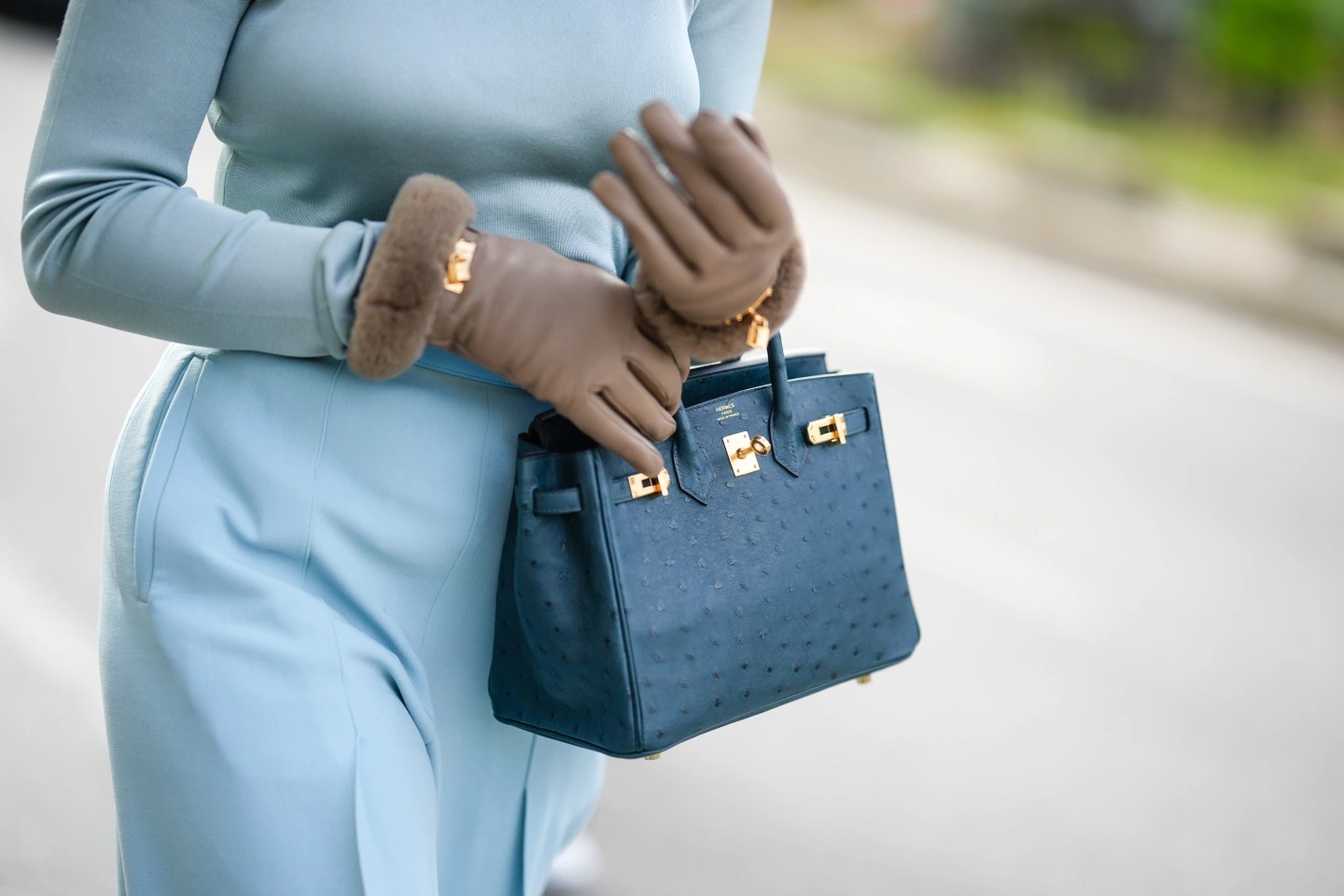Hermès Historic Win Presents a Very Real World Problem for Virtual World Creators
Managing to achieve in the digital world, what has been near impossible to do in the real world, due to the proliferation of counterfeiters, French luxury house Hermès has won its legal battle with NFT artist Mason Rothschild, a 28 year old whose real name is Sonny Estival. A verdict which should be noted as it is set to have far-reaching repercussions for brands, as well as artists and content creators who are considering setting up shop in the metaverse.

Brands who operate at the luxury level of the industry have always been known to go to great lengths – often through lengthy legal battles – to protect their intellectual property rights, but Hermès taking the unprecedented step to bring a case to court over so-called ‘MetaBirkins’, which are digital replicas of its infamous Birkin bag, was a case closely watched by the industry-at-large, as a verdict in favour of the luxury brand, such as was reached today, has gone some way to proving that counterfeit laws could extend into the virtual realm.

Launching a trademark infringement lawsuit against artist Mason Rothschild, found Rothschild guilty of infringing Hermès trademark and is now required to pay them up to $130,000 in damages, which also includes an additional payment of $23,000 for cybersquatting. Mason Rothschild created the digital versions of the world-renowned bag to sell as NFTs (or non-fungible tokens) in late 2021. Advertising his furry version of the bags for sale without permission from the brand saw the artist in violation of their intellectual property rights, at which point he was notified of the violation by the brand, which saw the OpenSea platform take down the collection, while Rothschild continued the sale of the MetaBirkin NFTs via metabirkins.com, claiming that the First Amendment protects his work as an artist.
Arguing that the sale of MetaBirkins would confuse customers, one of the more important issues surrounding the metaverse and NFTs is brands who are being left behind (ie. are late to the NFT party) by creators , in effect, setting up shop and claiming existing brand names, branding, designs, and visual identifiers in the virtual realm, simply because brands had not got there first – as Hermès noted they had plans in-the-works to launch their own branded NFTs – will be a battle that the luxury industry will have to gear up to fight for decades to come, if the conclusion of todays case is anything to go by.
